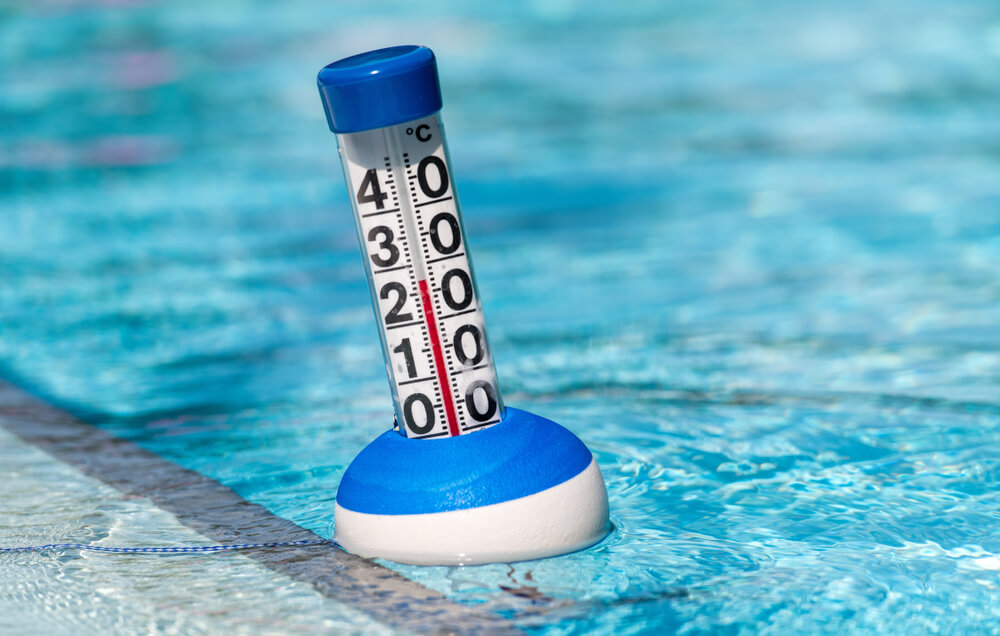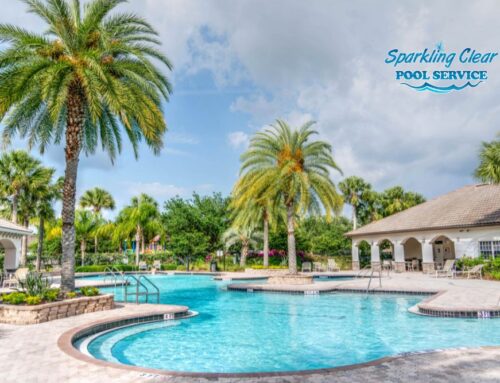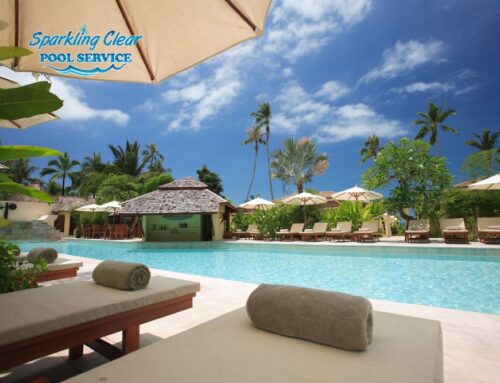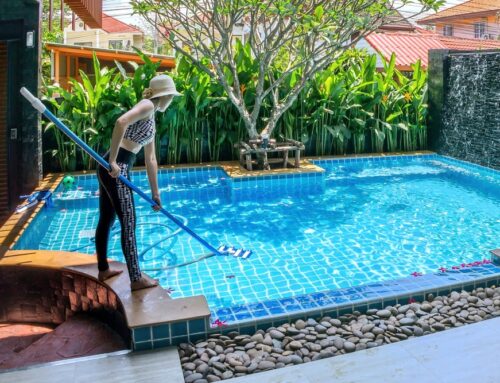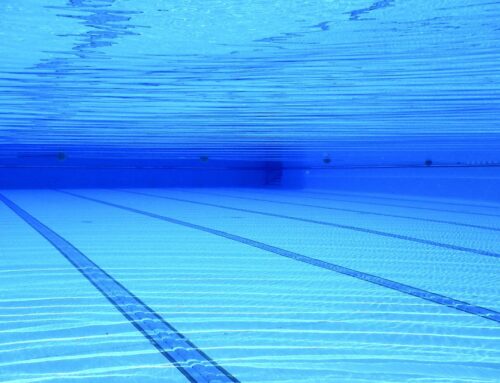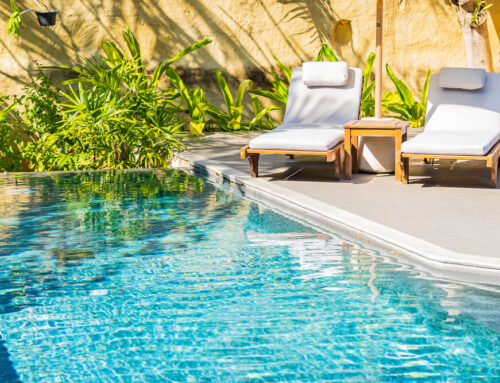Swimming is a safe and comfortable way to exercise or have fun on a hot, sultry day. If the water is at the right temperature, you will feel comfortable in a short amount of time. Finding, maintaining, and controlling the right temperature for your pool water is essential if you want your family to swim safely. Water that is too hot or cold can lead to potential problems that might lead to an injury or illness.
Why Is the Right Temperature Important?
The right water temperature is important for many reasons. If your pool’s temperature is allowed to fluctuate with the temperature outside, several problems can occur. Unwanted critters can begin to take up residence in the water. This includes plant life like algae. All types of life forms have a perfect temperature range that allows them to thrive and grow. This is why monitoring your pool’s temperature is so important.
Hot Water Issues
Algae and bacteria thrive in warmer temperatures. They grow through the process of photosynthesis. They are easy to identify and cause a green film that covers the surfaces of your pool. You may also see green, brown, or yellow clumps floating throughout the water. If bacteria and algae flourish, you may get sick when swimming. Your skin may start to itch, and your pool water will have a foul odor.
Cold Water Dangers
Cooler temps prevent microorganisms from growing but can wreak havoc on swimmers. It can make breathing more difficult and impair lung function. It can lead to severe breathing problems if a person is already dealing with asthma or COPD. When temperatures drop below 60 degrees or lower, it can slow the body’s reaction time. The lower the temperature, the less control a swimmer, has over their breathing. Cold water also makes a person more prone to physical injuries.
The Ideal Pool Temperature Range
The ideal pool temperature for most adults is between 83 and 88 degrees Fahrenheit. The temperature should be higher if you are using your pool for physical therapy. Ideally, around 86 to 88 degrees is best. If minor children use the swimming pool, temps should be raised to at least 90 to 93 degrees to keep them comfortable. If you exercise for several hours, you can drop the temperature back to around 80 degrees.
Measuring Pool Temperatures
You will need a pool thermometer to measure your pool’s temperature accurately. Some float on the water’s surface, while others are weighted and hang along the side of the pool. There are analog thermometers and digital thermometers. Both are incredibly accurate and will help you maintain an appropriate temperature.
Controlling Your Pool’s Temperature
Many benefits come with controlling your pool’s temperature. While comfort is one of the primary benefits, pool safety is close behind. Not only is it safer from a health standpoint, but the right temperature may also work to prevent injuries. The correct temperature is also the best way to save energy.
The Benefits of Controlling Your Pool’s Temp
Many benefits come with controlling your pool’s temperature. While comfort is one of the primary benefits, pool safety is close behind. Not only is it safer from a health standpoint, but the right temperature may also work to prevent injuries as well. The right temperature is also the best way to save energy.
Contact us at Sparkling Clear Pool Service if you need help maintaining your swimming pool and controlling the water temperature, so it stays within the safe range.

